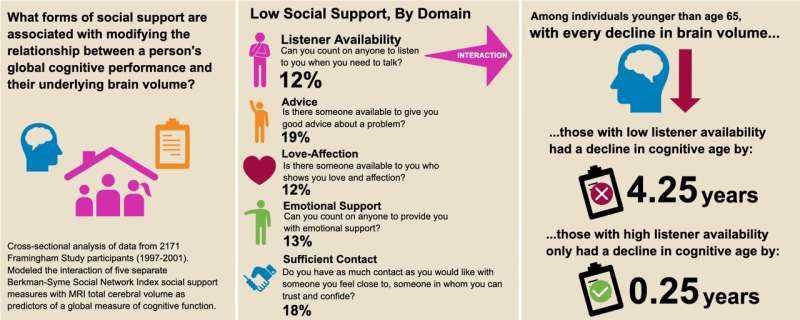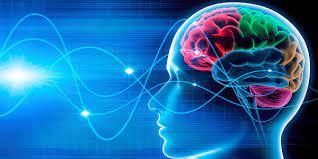Exercise And Brain Plasticity
Physical activity promotes brain plasticity, the brain’s ability to adapt and form new neural connections throughout life. This is especially important for recovery from a brain injury and counteracting the cognitive decline associated with aging.
169
1.82K reads
CURATED FROM
IDEAS CURATED BY
Despite ongoing research, the current evidence underscores the powerful role of physical activity in promoting brain health and cognitive function, emphasizing the importance of integrating regular exercise into our lifestyles.
“
The idea is part of this collection:
Learn more about motivationandinspiration with this collection
How to manage digital distractions
The impact of technology on mental health
The importance of setting boundaries
Related collections
Similar ideas to Exercise And Brain Plasticity
Good Social Support Enhances Brain-health.
Supportive social interactions in adulthood are important for your ability to stave off cognitive decline despite brain aging or neuropathological changes , a new study finds.
Researchers observed that simply having someone available most or all of the time whom you can count on to listen t...
Exercise your mind
Our brains continue to change by forming new neural connections throughout our entire life.
The connections in the brain can be strengthened and renewed when we challenge our learning and stretch our thinking.
Neuroplasticity
- Also known as neural plasticity
- This is the capacity of the brain to change in response to experience and the environment.
- It changes the brain from updating the neuronal networks to the formation of new memories to larger structural adaptations.
Read & Learn
20x Faster
without
deepstash
with
deepstash
with
deepstash
Personalized microlearning
—
100+ Learning Journeys
—
Access to 200,000+ ideas
—
Access to the mobile app
—
Unlimited idea saving
—
—
Unlimited history
—
—
Unlimited listening to ideas
—
—
Downloading & offline access
—
—
Supercharge your mind with one idea per day
Enter your email and spend 1 minute every day to learn something new.
I agree to receive email updates

